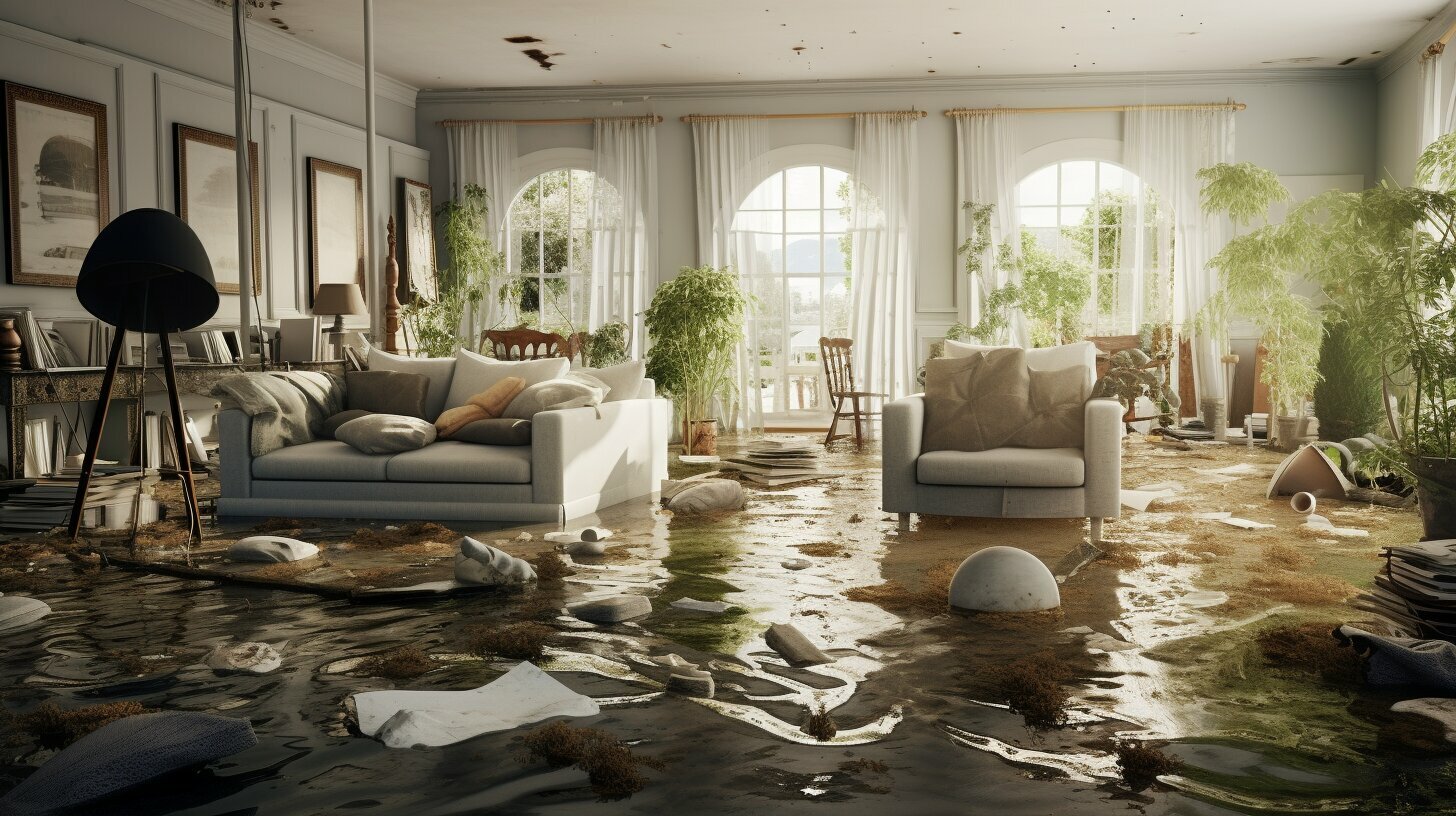Dealing with
water damage can be financially burdensome, leaving you wondering why the costs are so high. There are various factors that contribute to the expense, making it essential to have a clear understanding of the costs involved.
In this section, we will explore the reasons behind the high costs associated with
water damage, including the extent of damage, necessary repairs or replacements, and the size of the affected area. By understanding these factors, you can gain insight into why
water damage can be
expensive to mitigate.
Key Takeaways
- Water damage can be costly due to various factors contributing to the expense.
- The extent of the damage, necessary repairs or replacements, and the size of the affected area are all factors that can impact the overall cost.
Understanding water damage restoration costs
Dealing with water damage can be a costly and time-consuming process. It's essential to understand the various factors that contribute to the overall
cost of water damage restoration.
The first factor that affects the
cost of water damage restoration is the extent of the damage. Minor water damage, such as a small leak, may only require minimal repairs and cleaning. However, extensive damage from a flood or burst pipes can lead to significant restoration costs.
Another factor that impacts the
cost of water damage restoration is the size of the affected area. The larger the area, the more time and materials required for cleanup and repairs.
Additionally, the necessary repairs or replacements can also impact the overall cost of
water damage restoration. For example, replacing damaged drywall or flooring can be
expensive and time-consuming.
It's crucial to understand the cost of
water damage restoration to make informed decisions and plan accordingly. Contact a trusted restoration company to assess the extent of the damage and provide a cost estimate.
Keep in mind that the cost of restoration is a small price to pay when compared to the potential long-term effects of untreated water damage.
The Importance of Preventive Measures
Dealing with water damage can be an
expensive and stressful experience. However, there are steps you can take to prevent it from happening in the first place. By implementing
preventive measures, you can minimize the risk of water damage and potentially save yourself from costly repairs.
One of the simplest ways to prevent water damage is to conduct routine maintenance of your home. Checking for leaks, inspecting gutters and downspouts, and ensuring proper drainage can all help prevent water damage. Additionally, installing tools like sump pumps or water leak detectors can provide added protection and peace of mind.
It's also essential to have a plan in place in case water damage does occur. By knowing how to shut off your water supply and having emergency contact information for a
water damage restoration company, you can minimize the damage and reduce repair costs.
Investing in
preventive measures may require some upfront costs, but it can ultimately save you money in the long run. By being proactive in preventing water damage, you can protect your property and avoid the financial burden of restoration in the future.
The Role of Insurance In Water Damage Claims
Dealing with the financial costs of water damage can be a daunting task. Fortunately, homeowners' insurance policies typically cover water damage incidents caused by burst pipes, overflowing toilets, and other similar occurrences. However, it is essential to understand the specifics of your policy and the claims process to ensure that you receive the maximum coverage possible.
When filing a
water damage insurance claim, there are several important steps you need to take. First, document the damage by taking photos or videos and providing a detailed description of the affected areas. Next, contact your insurance provider and submit your claim as soon as possible. In some cases, your insurance company may require an independent adjuster to assess the damage, so be prepared for this possibility.
It is crucial to note that not all water damage incidents will be covered by your insurance policy. For example, if the damage is caused by neglect or lack of maintenance, your claim may be denied. Additionally, if you do not have flood insurance, any water damage caused by natural disasters like hurricanes or floods will not be covered.
Therefore, it is essential to review your homeowner's insurance policy regularly and ensure that you have adequate coverage for water damage incidents. If you live in an area prone to natural disasters, it may be wise to consider purchasing additional flood insurance to protect yourself from any financial losses.
Understanding the role of insurance in water damage claims can provide a sense of security and alleviate some of the financial stress associated with restoration. However, it is crucial to take
preventive measures to minimize the risk of water damage in the first place and choose a reputable restoration company if the need arises.
The Bottom Line
In conclusion, dealing with water damage can be a costly and stressful endeavor. From the immediate costs of restoration to the potential long-term effects on your property, the expenses associated with water damage can add up quickly. However, by taking preventive measures, understanding the costs involved in restoration, and selecting a reliable restoration company, you can minimize the impact of water damage on your finances and property.
Remember, prevention is key. Regular maintenance and proactive measures, such as installing water leak detectors or ensuring proper drainage, can save you from the costly repairs and replacements that can result from water damage. Additionally, having the right insurance coverage and understanding the claims process can help alleviate some of the financial burden in the event of water damage.
Finally, when choosing a
water damage restoration company, be sure to do your research and select a reputable and experienced provider. This will ensure that the restoration process is thorough and efficient, potentially saving you from additional expenses down the line.
Overall, while water damage is undoubtedly expensive, taking the necessary steps to prevent and address it can help minimize the costs and protect your property in the long run.





